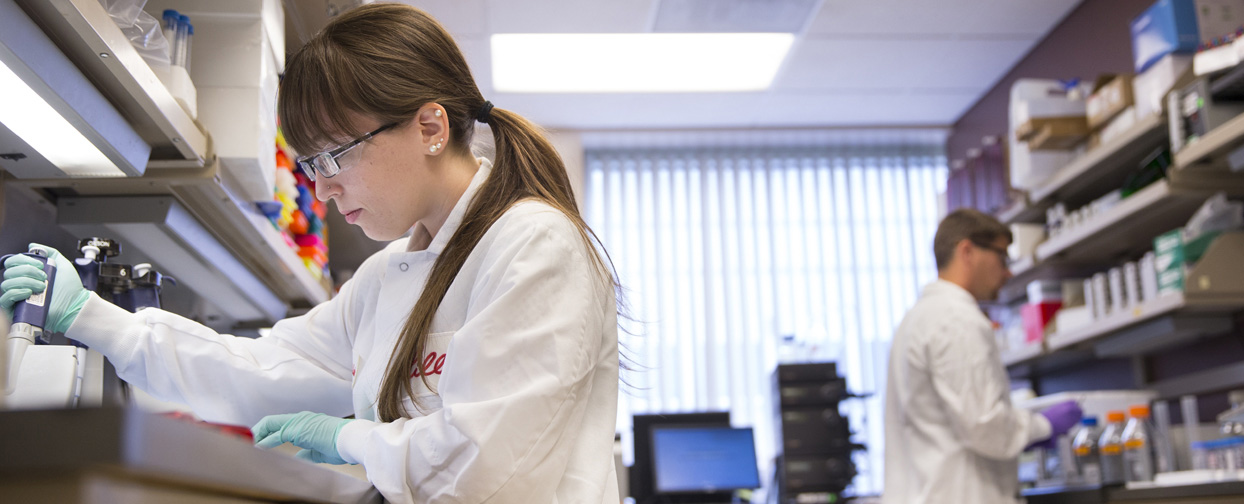Chicago Community Leaders Come Together to Confront the Diabetes Epidemic
CHICAGO, June 20, 2007 /PRNewswire-FirstCall via COMTEX News Network/ -- Today, representatives of leading community organizations and local health activists gathered together -- with the goal to create both immediate and long-term solutions to the management of the diabetes epidemic among African-Americans in the Chicago area -- to initiate an important dialogue about practical ways to overcome the obstacles that make living with diabetes and successfully managing the condition a particularly challenging burden for this community.
Facilitated by Eli Lilly and Company, the group is working together to create and implement, by the end of this year, practical and sustainable community programs that will foster attitudinal and behavioral/lifestyle changes in areas critical to success in living with diabetes. This gathering, the first of many planned over the coming months, took place on the eve of the American Diabetes Association 67th Scientific Sessions, the largest international meeting of healthcare professionals dedicated to diabetes and its associated conditions and complications, in Chicago, June 22 - 26.
"Diabetes affects everyone -- people living with the condition, their families and communities," said Margaret Davis, RN, MSN, Executive Director of the Healthcare Consortium of Illinois and Disparities Chair, National Black Nurses Association. "As members of the African-American community, we must continue to have honest conversations about our challenges with diabetes and become change agents to help stop the devastation diabetes causes."
The need is great. According to the National Institutes of Health, African-Americans are 1.8 times more likely to have diabetes as non-Hispanic whites, and 25 percent of African-Americans between the ages of 65 and 74 have the disease.(i) It is not clear why diabetes affects African-Americans more than others. Many factors may contribute to the development of type 2 diabetes in certain ethnic groups, including genetic predisposition, high calorie diet and lack of physical activity.(ii) However, the most alarming statistics relate to the disproportionate impact of the complications of uncontrolled diabetes among African-Americans, including blindness, kidney disease, lower extremity amputation, heart disease, stroke and nerve damage.(iii)
"We know that diabetes has reached epidemic proportions, affecting over 240 million people around the world.(iv) However, at Lilly, we recognize that there is a lot of work to do right here in our own backyard to help people who are disproportionately affected by diabetes, particularly African-Americans," said Baryona Billington, Strategic Manager, Diabetes Business Unit, Eli Lilly and Company. "Medical intervention alone will not stop this epidemic. Lilly recognizes the need to complement our focus on scientific research and product advances with practical non-medical tools and community programs that will help the millions of people living with diabetes achieve greater success."
The Illinois Department of Human Services (DHS) estimates that nearly 700,000 adult Illinoisans (7.2 percent) have diagnosed diabetes. Rates of diagnosed African-Americans (12 percent) are nearly double the average rate of Caucasians (6.4 percent).(v)
Specifically in Chicago, the department of health estimates that the overall prevalence of diabetes is 10.5 percent. The rate of diabetes in African-American adults is estimated to be even higher at 17.1 percent.(vi) Without intervention, it is likely that this disturbing trend will continue to disproportionately impact the overall health and welfare of African-American communities in Chicago.
"The alarming statistics on the impact of diabetes among African-Americans in Chicago and Illinois are symbolic of the epidemic on a national level," said 34th Ward Alderman Carrie Austin. "As the Chairman of the Chicago City Council Black Caucus, I am deeply committed to working with my colleagues, local community leaders and members of local and national health organizations to heighten awareness, educate and develop hands-on solutions that will make a concrete difference for African-Americans living with diabetes."
Chicago-area community leaders assisted Lilly in identifying the individuals and organizations who participated in today's meeting. Participants were invited on the basis of their personal or organizational experience and commitment to addressing chronic health problems plaguing Chicago's African-American community. Over the next three to four months, this group will continue its dialogue and develop resources and sustainable programs grounded in the African-American community in Chicago. Based on the success of this community organizing model, Lilly will evaluate convening similar groups in other communities especially impacted by diabetes to create locally relevant and sustainable solutions.
"I am excited to be a part of this collaborative effort that is dedicated to developing innovative and sustainable solutions to help eliminate health disparities," said Gary A. Puckrein, PhD, President and Chief Executive Officer of the National Minority Quality Forum. "In the United States, diabetes has become a national crisis, which is myriad in the African-American community. We must now come together to improve the science, and pool our resources and expertise so as to create a practical end to this epidemic."
About Eli Lilly and Company
Lilly, a leading innovation-driven corporation, is developing a growing portfolio of first-in-class and best-in-class pharmaceutical products by applying the latest research from its own worldwide laboratories and from collaborations with eminent scientific organizations. Headquartered in Indianapolis, Ind., Lilly provides answers -- through medicines and information -- for some of the world's most urgent medical needs. Additional information about Lilly is available at www.lilly.com.
O-LLY
(i) African American and Diabetes Facts.
http://www.diabetes.org/communityprograms-and-
localevents/africanamerican/facts.jsp. Last accessed 15 June 2007.
(ii) American Diabetes Association. "Diabetes 4-1-1: Facts, Figures and Statistics at a Glance," 2005. p.47
(iii) African American and Diabetes Facts.
http://www.diabetes.org/communityprograms-and-
localevents/africanamerican/facts.jsp. Last accessed 15 June 2007.
(iv) International Diabetes Federation. "Diabetes Prevelance.: http://www.idf.org/home/index.cfm?node=264. Last accessed 15 June 2007.
(v) "The Burden of Diabetes Fact Sheet." Aggregated Illinois Behavioral Risk Factor Surveillance Data, 2003-2005. Illinois Department of Human Services.
(vi) Aggregated Illinois Behavioral Risk Factor Surveillance Data, 2005. Chicago Department of Health.
(Logo: http://www.newscom.com/cgi-bin/prnh/20031219/LLYLOGO )
SOURCE Eli Lilly and Company
Morry Smulevitz, Eli Lilly and Company, +1-317-457-3294; or Daphne Hoytt, Manning Selvage & Lee, +1-917-406-2779
http://www.prnewswire.com
Copyright (C) 2007 PR Newswire. All rights reserved
News Provided by COMTEX
